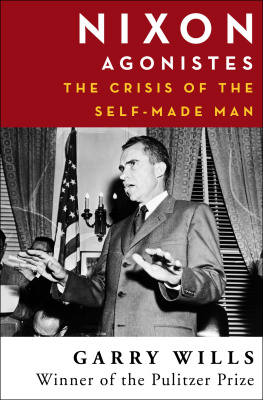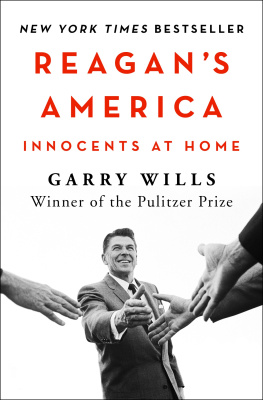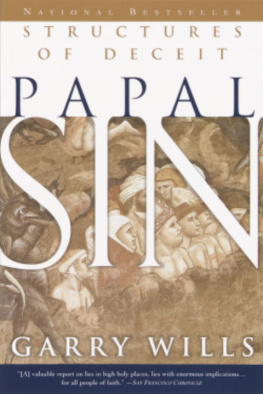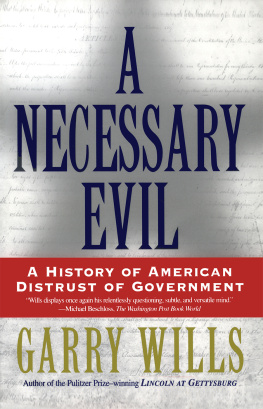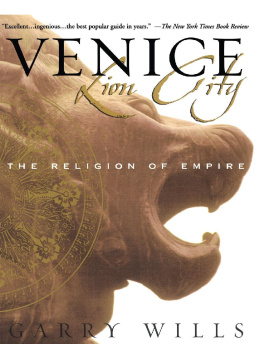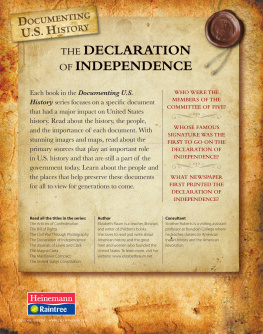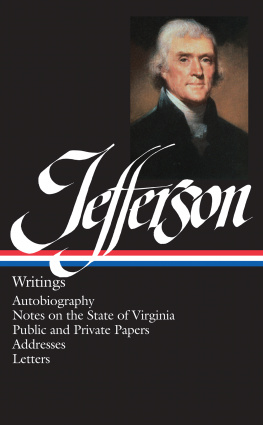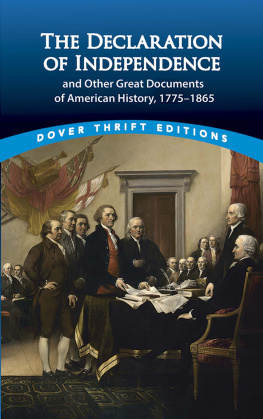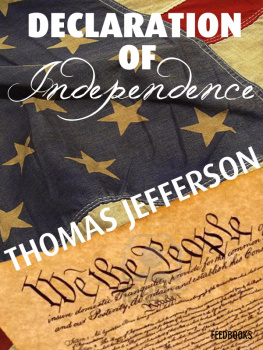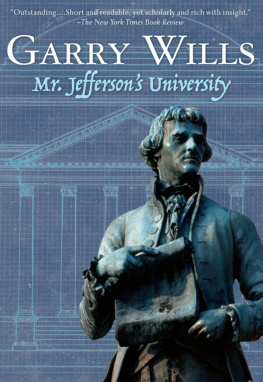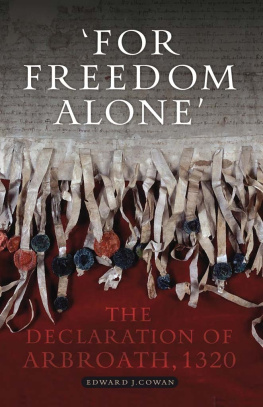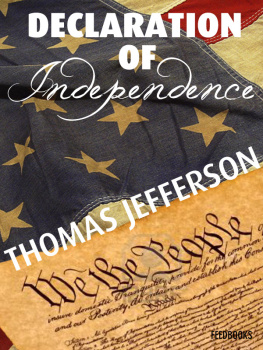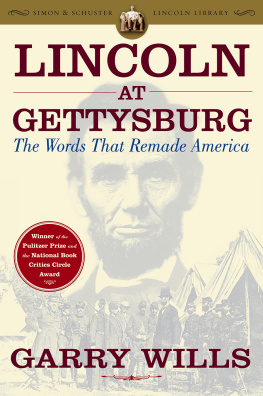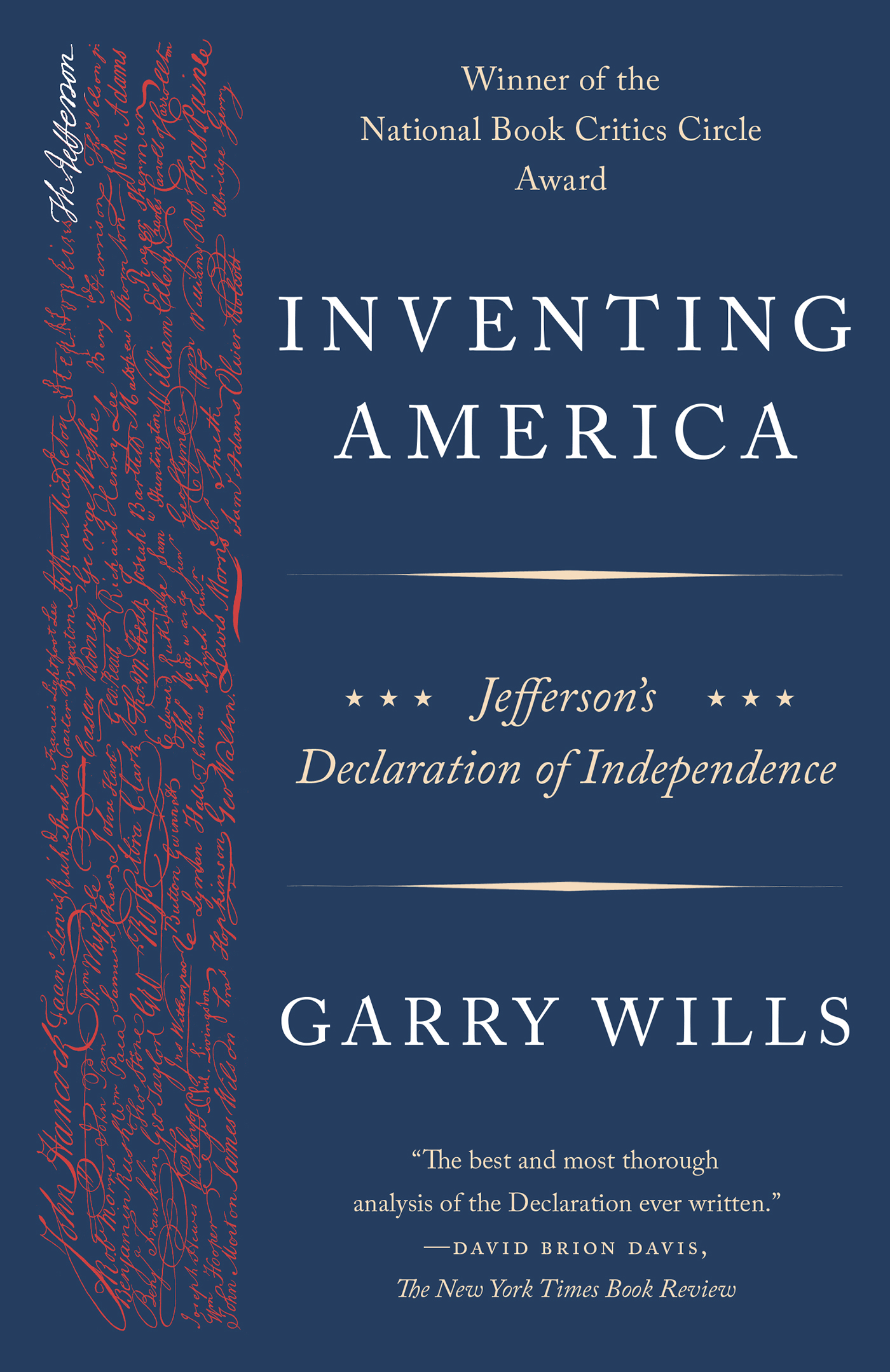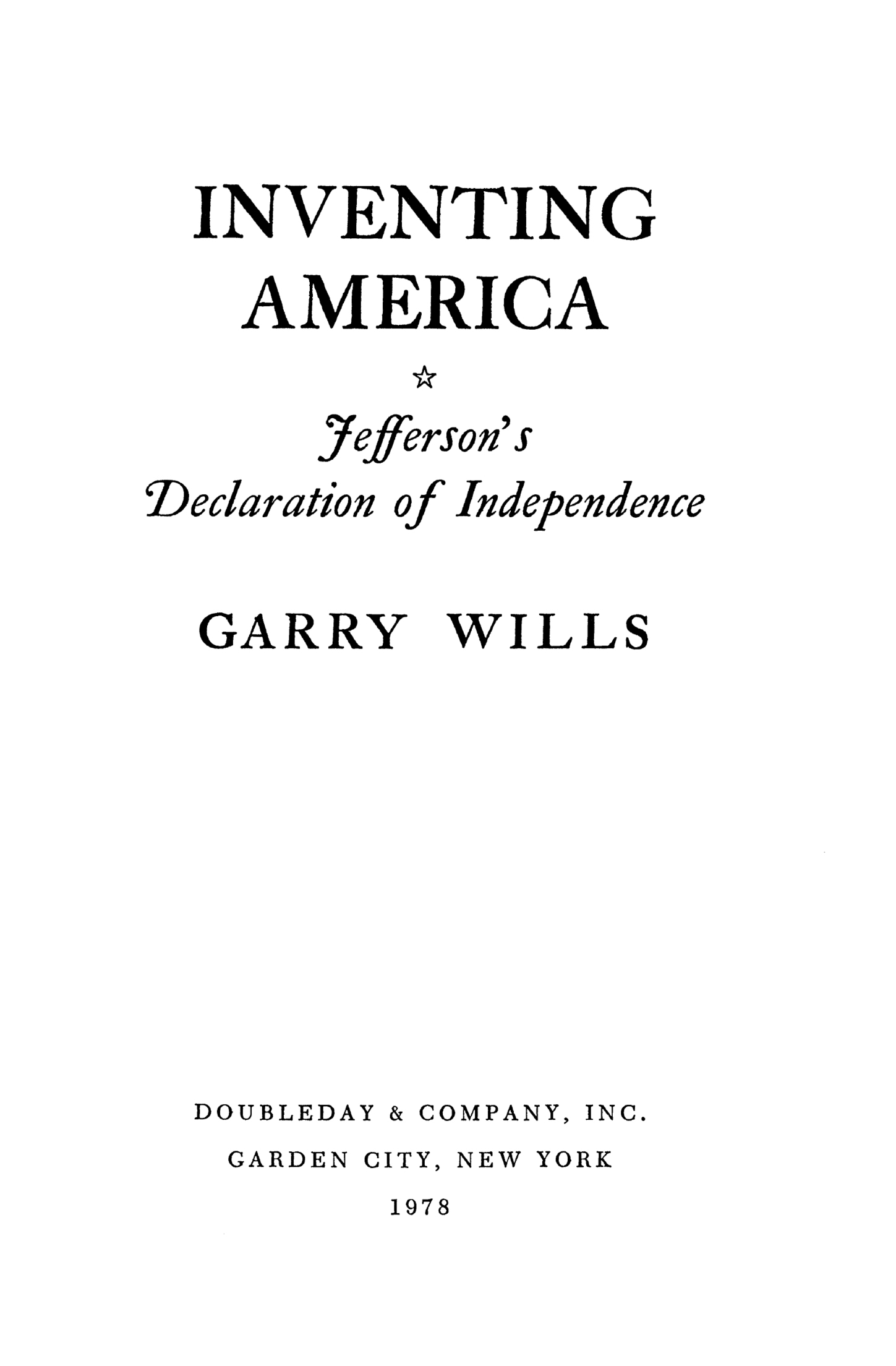Preceding that study, Part One deals with the draft as Congress altered and established it. Following the central section, Part Five deals with the document as we have used, honored, and bent it.
Prologue
Americans like, at intervals, to play this dirty trick upon themselves: Pollsters are sent out to canvass men and women on certain doctrines and to shame them when these doctrines are declaredas usually happensunacceptable. Shortly after, the results are published: Americans have, once again, failed to subscribe to some phrase or other from the Declaration of Independence. The late political scientist Willmoore Kendall called this game discovering America. He meant to remind us that running men out of town on a rail is at least as much an American tradition as declaring unalienable rights. A good point; but should that be our heritage? Shouldnt we, as Americans, subscribe to the creed that (we are told) made us Americans?
Maybe. Still, do we really think we can find people, running around alive in the street, who believe in the psychology of Louis de Jaucourt, the contract theory of David Hume, the mechanics of benevolence as elaborated by Francis Hutcheson? And, if not, how can we ask people in good conscience to endorse a document of eighteenth-century science based on such beliefs? What are we asserting if we agree to the document? That it is eloquent, or part of our heritage, or noble in its aspiration? Or that it is right?
Obviously, to judge from the use made of the responses, good Americans are supposed to take the latter view. When many, or even most, refuse to agree with the Declarations teaching, we are urged to fear that something has gone wrong with America; that it has ceased in part to be itselfi.e., to think as it ought. In 1975, the lieutenant governor of Pennsylvania wrote around to scholars for a list of appropriate modern leaders who might re-enact the signing of the Declaration on July 4, 1976. If he meant to re-enact what actually happened, he should have begun the signings on August 2 and continued them into November. But, even apart from that, the man was asking for the impossible, for a resurrection of the dead. Most of those brought in for such a ceremony would not know what on earth they were admitting to. And those who might know, and still wanted to sign, would have to justify their act in ways so devious as to defeat speculation on their motives.
It is not surprising that we should misunderstand the Declaration. It is written in the lost language of the Enlightenment. It is dark with unexamined lights. Besides, we have a very powerful document from the nineteenth century to help us along in our error. What the State of Pennsylvania was contemplating in 1975, the President of the United States had already accomplished in 1863the recontracting of our society on the basis of the Declaration as our fundamental charter. This was accomplished by the principal political stylist of his dayindeed, of our entire history. Abraham Lincoln was a great and conscious verbal craftsman. The man who writes, The world will little note, nor long remember, what we do here, has done his bestby mere ripple and interplay of liquidsto make sure the world will remember; as it has.
Lincoln was a great artist of Americas romantic period. The popular image of the manpacing long corridors at night, moody, fearing madnessis Byronic in all but its American setting. And his literary kinship in America is established by the style itself: The mystic cords of memory, stretching from every battlefield and patriot grave to every living heart and hearthstone, all over this broad land, will yet swell the chorus of the Union, when again touched, as surely they will be, by the better angels of our nature. That is purest Israfel; Lincolns is the style of a soberer Edgar Poe, with touches of Emerson. It achieves a democratic-oracular tone.
He obviously gave some thought to the first six words of his most famous exordium: Four score and seven years ago In the 1950s, a satirist rewrote the Gettysburg Address in Eisenhowerese: About eighty-some years ago, I thinkIll have Sherm look that up for you if you need it. That was funny in its way. But so, in its way, is Lincolns own exordium. Four score and seven is a very stilted way of saying eighty-seven. Lincoln himself, speaking at Springfield in 1857, talked of the Declarations passage some eighty years ago (which eerily anticipates the Eisenhower version). And later in the speech Lincoln cited the exact figure: eighty-one years ago. That is the plain blunt way of counting backand it is said (by those who have not given the matter much attention) that Lincolns style charmed by its plainness.
Admittedly, Four score and seven rollsit has less the accountants style than the prophets. You hear it and dont immediately start subtracting eighty-seven from 1863. (Lets see, that gives us 1776.) And Lincoln had good reason to prefer that you hold off, for a while, on the computation till he made his case for it. It was not a necessary, or even obvious, number to choose for our date of national origin.
It is customary to settle for a vague justification of Lincolns language as achieving dignity by periphrasis. But what, precisely, makes four score so dignified? One thing. The English Bible. That does the trick. Only in three-score and ten for the allotted life of man was score commonly used for twice-ten in the Victorian era. Lincoln is stirring biblical echoes in his opening phrase, and he keeps on stirring as he goes.
Four score and seven years ago our fathers brought forth Fathers is another religious term. Faith of our Fathers. The language of the hymnal. Pilgrim Fathers. Washington as Father of his Country. Fathers of the Constitution. But Lincoln is not talking about the founders, in the sense of the framers, the men of 1787; if he were, he would have been forced to say Three score and sixteen years ago or Four score minus four years ago, which is better history but inferior music.


